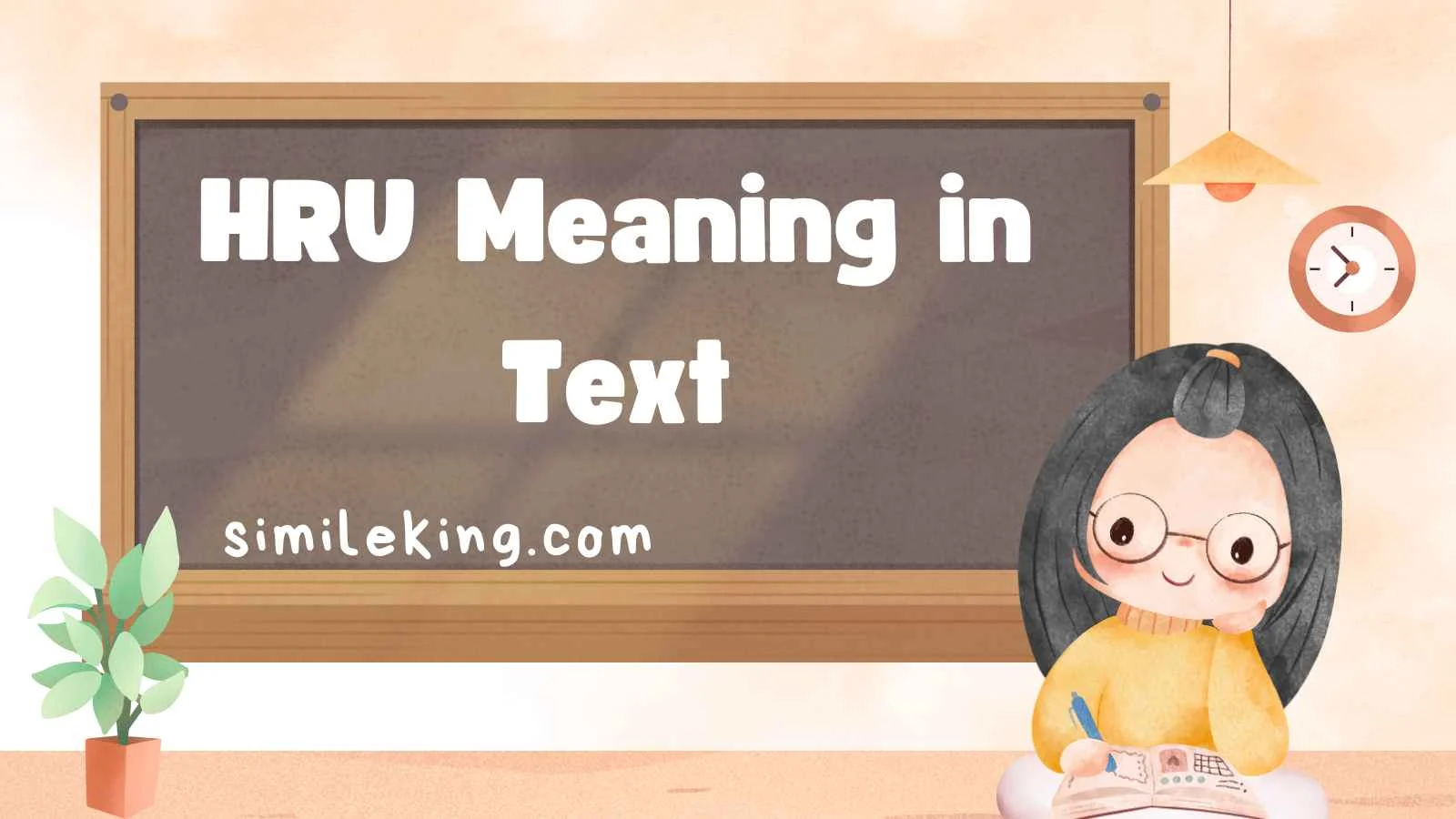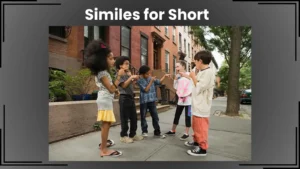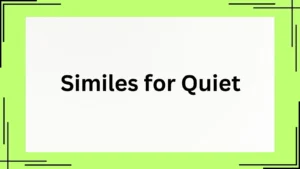In the fast-moving world of digital communication, acronyms and shorthand expressions evolve at an incredible pace. While some disappear almost overnight, others remain embedded in our daily conversations. One of the most enduring and widely used is HRU, which simply stands for “How are you?”
But here’s the key: understanding HRU isn’t just about knowing its literal meaning. In 2025, people expect nuanced communication—especially across different contexts such as professional chats, friendships, dating, and even customer support. Using HRU incorrectly can make you sound careless, robotic, or even dismissive. Using it well, however, helps you come across as warm, approachable, and socially intelligent.
This article will dive deep into HRU’s meaning, its history, why it’s still relevant, and how you can use (or replace) it depending on your audience. By the end, you’ll not only understand HRU but also master 10 polished examples of how to apply it effectively in real conversations.
What Does HRU Mean in Text?
At its core, HRU = How Are You?
It is a shorthand expression born out of texting culture, designed to save time while still expressing care or starting a conversation. Here’s the breakdown:
- H = How
- R = Are
- U = You
It originated in the early 2000s when SMS messaging had character limits (160 characters per text) and typing was slower on T9 keypads. People naturally gravitated toward abbreviations like HRU, BRB (be right back), and TTYL (talk to you later).
Despite advances like voice-to-text, emojis, and AI-powered keyboards, HRU remains popular in 2025 because it’s:
- Fast and convenient – saves time in casual texting.
- Universal – almost everyone instantly understands it.
- Friendly – carries a conversational warmth, unlike a plain “Hi.”
Why HRU Is More Than Just an Acronym
Understanding HRU goes beyond its literal definition. In communication, tone matters as much as words. Consider the following:
- A simple “HRU?” can sound warm and caring if sent to a close friend.
- The same “HRU?” in a professional setting might feel too casual or even unprofessional.
- Adding context, emojis, or follow-up sentences can change its impact entirely.
In other words, HRU is a conversation starter. The way you use it tells the other person whether you’re being casual, professional, flirty, or supportive.
HRU in Different Contexts
1. Casual Conversations with Friends
In everyday texting with friends, HRU feels natural and relaxed. It’s quick, familiar, and doesn’t require overthinking. For example:
- “Hey, long time no chat! HRU?”
- “Just checking in—HRU today?”
2. Professional or Work Settings
In 2025, workplace communication often happens over Slack, Teams, or email. In these spaces, HRU can feel too casual. Instead, polished alternatives are better:
- “How are you doing today?”
- “Hope you’re having a productive morning. How’s everything going?”
3. Dating and Romantic Chats
When used with a romantic interest, HRU can feel warm if paired with genuine follow-up:
- “Hey cutie, HRU? Been thinking about you.”
- “HRU tonight? Want to grab dinner?”
4. Family Communication
Parents and siblings often prefer full phrases rather than abbreviations, but HRU works fine with younger relatives:
- “Hi sis, HRU? Need any help with your assignment?”
5. Customer Service & Brand Communication
Brands that want to appear human sometimes use casual acronyms like HRU in social media interactions. However, most opt for polite, full-form alternatives for clarity and professionalism:
- “Hi [Name], how are you doing today? Anything we can assist with?”
Alternatives to HRU (Polite, Professional & Casual)
Since HRU isn’t always the best fit, here are alternatives categorized by tone:
Polite Alternatives
- How are you doing today?
- Hope you’re doing well.
- How have you been lately?
Professional Alternatives
- I trust this message finds you well.
- How’s your week going so far?
- I hope your day is going smoothly.
Casual Alternatives
- What’s up?
- How’s it going?
- How you been?
Each carries a slightly different tone. For instance, “Hope you’re doing well” feels warm but still professional, while “What’s up?” works best in casual peer-to-peer chats.
How to Choose the Right Version of HRU
Choosing whether to use HRU (or a variation) depends on:
- Your Relationship with the Person
- Close friend? HRU works perfectly.
- Manager or client? Better to use a professional alternative.
- Close friend? HRU works perfectly.
- The Platform
- Text or WhatsApp? Abbreviations are common.
- Email or LinkedIn? Use polished full forms.
- Text or WhatsApp? Abbreviations are common.
- The Tone You Want to Convey
- Playful? Add emojis: “HRU 😊”
- Formal? Expand: “How are you today?”
- Caring? Personalize: “HRU? Haven’t seen you online in a while.”
- Playful? Add emojis: “HRU 😊”
10 Natural Examples of HRU in Text (2025 Edition)
Here are ten fresh examples showing how to use HRU naturally in different settings:
- Friendship – “Hey man, HRU? Haven’t caught up in weeks.”
- Romantic – “Good morning ❤️ HRU today?”
- Checking in – “Just thought of you. HRU holding up?”
- Lighthearted – “HRU surviving Monday blues? 😂”
- Professional Light – “Morning! HRU? Ready for the presentation?”
- Family – “Hi mom, HRU feeling after your appointment?”
- Supportive – “I know things have been tough lately. HRU really?”
- Playful – “HRU, stranger? Don’t forget about me 😜”
- Networking – “Hi [Name], HRU doing? Let’s connect soon.”
- Customer Service Style – “Hi [Name], HRU today? Anything we can help with?”
Why HRU Remains Relevant in 2025
Some might wonder: Why hasn’t HRU disappeared, given emojis, GIFs, and AI chatbots?
The answer is simple: efficiency and familiarity. People value quick communication, and HRU is universally recognized. Unlike new slang that can feel exclusive or confusing, HRU is timeless. It bridges generations, cultures, and communication platforms.
In fact, according to 2025 digital communication surveys, short acronyms like HRU, BRB, and LOL are among the top 15 most used shorthand expressions worldwide. This suggests that HRU’s staying power comes from its simplicity, warmth, and adaptability.
Final Thoughts
At the end of the day, HRU isn’t just a lazy shortcut—it’s a versatile expression that carries different shades of meaning depending on context. By mastering HRU and its alternatives, you can sound professional at work, warm with family, playful with friends, and charming with romantic partners.
The key is to choose wisely based on relationship, platform, and tone.
So the next time you open your chat app, ask yourself: Do I want to sound casual, formal, or caring? Then pick the right version of HRU to match your intent.





